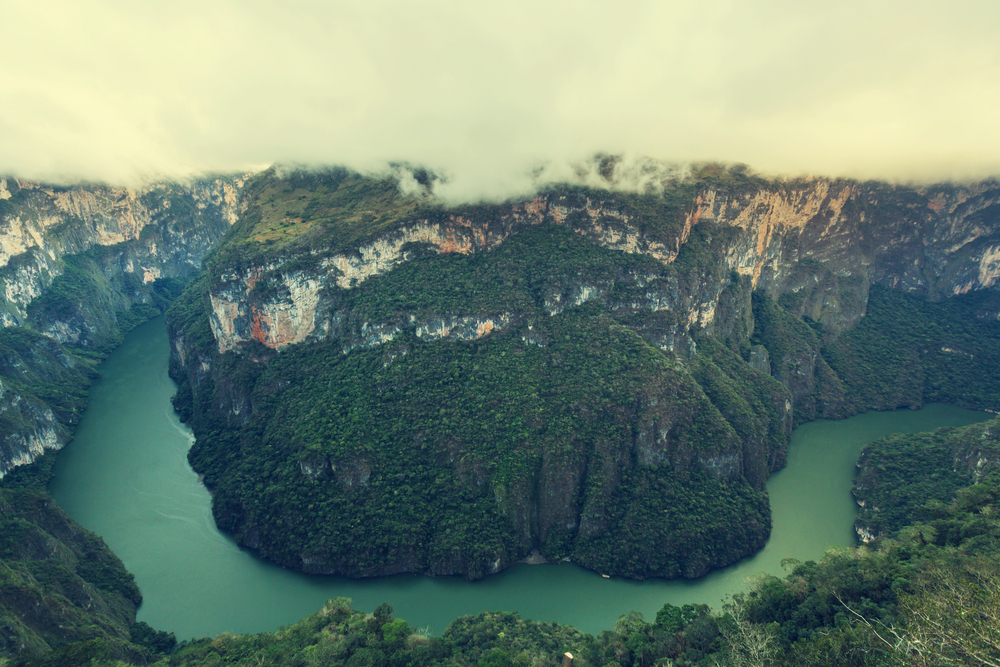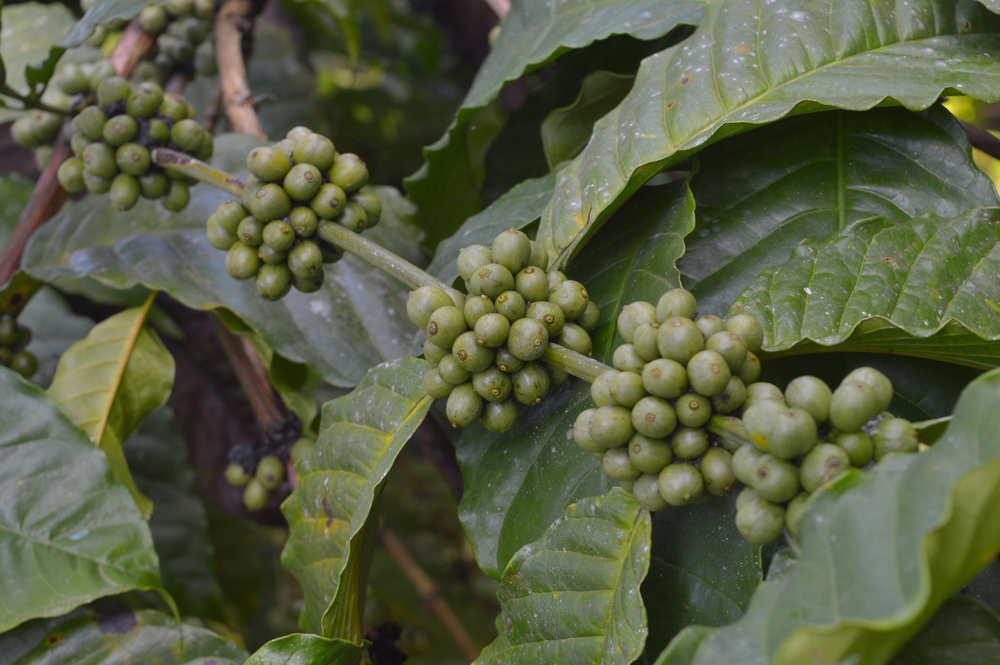Coffee Growers in Chiapas, Mexico Practice Working Sustainable Agriculture

For the better part of the last two hundred years, coffee has been grown by subsistence farmers in the southern Mexico region of Chiapas as a way to earn extra money for their families. The forested mountainsides of Chiapas are uniquely ideal for coffee production, and through a mixture of luck and necessity, Chiapas coffee production has never required deforestation.
In fact, necessity has made the coffee growers of Chiapas into something like accidental environmentalists. Read on to learn more about the sustainable coffee growing practices in Chiapas, Mexico.
The Origin of Coffee in Mexico
Coffee was first brought to the area by the Spanish in the eighteenth century, but the Spanish prioritized resource extraction above farming during the colonial period, concentrating primarily on silver, gold, and other mineral mining in the country. This allowed for the retention of private lands by indigenous peoples in the mountainous region of Chiapas.
These private lands have long been used as subsistence farms, each supporting an extended family or small village through the growth of food crops for sustenance, and coffee for extra money.
Crop Rotation
Farmers in Chiapas typically grow two alternating food crops at a time, rotating them to insure that the soil isn’t depleted. These two crops are corn and beans. Their yields are typically used to provide food for the local community, with any surplus being sold at market.
Cultivating coffee as an unnecessary, high-value crop has allowed these farmers to continue with their traditional farming while providing them with necessary funds for rural infrastructure, health care, and the wide variety of necessities that cannot be produced on the farm.

The Benefits of a Forest
Because the coffee crop in Chiapas can be grown in the shade of the forest land bordering the corn and bean fields, it provides the coffee growers with all of the benefits of the forest itself, while producing better, more complexly flavored, sustainable coffees.
The forest also offers the coffee growers with access to wild game, acts as a wind break for their other crops and homes, and provides erosion control in this mountainous and rainy environment. All this while also providing habitat for many endangered song birds and other species. Further, the forest is a renewable resource itself, providing farmers with firewood for cooking and heating their homes.
Unintentional Sustainability in Chiapas Coffee Growing Region
Because growing coffee in the shade of the forest provides the growers of Chiapas with so many benefits, the necessity of replacing the forest with a plantation to increase yields and scale up production was never realized. The shade-grown coffee provides the indigenous people of the area with the means to maintain a sustainable, traditional life for themselves while allowing for a more sustainable relationship between agriculture and environmental protection.
Consider purchasing shade grown coffee whenever possible. It has a remarkable complexity of flavor, and future generations of farmers and songbirds will thank you.
